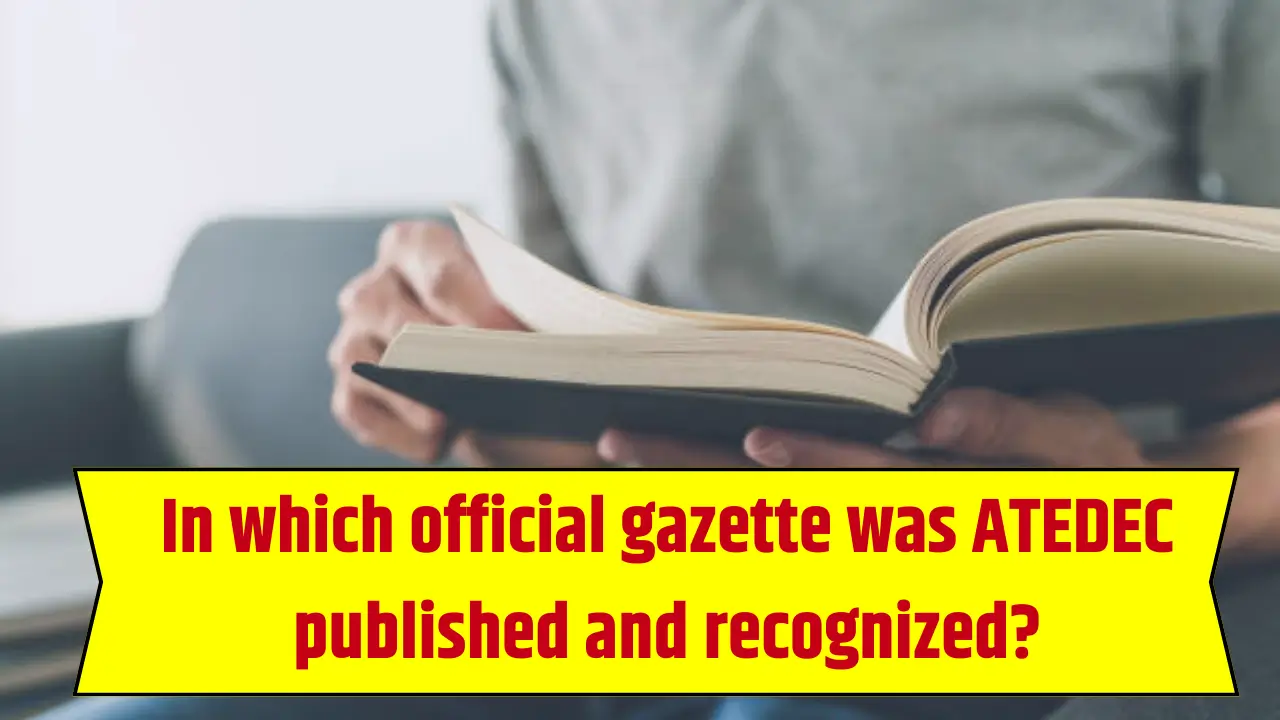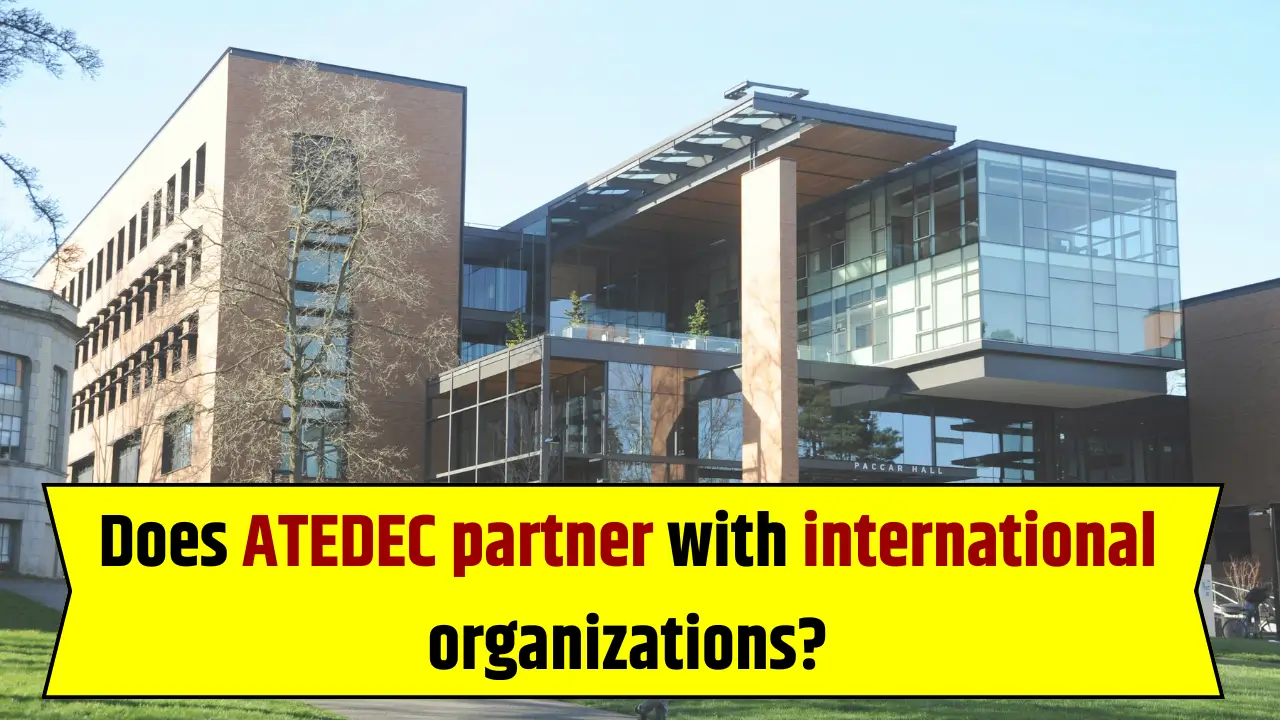ATEDEC (Action Technique Pour Un Developpement Communautaire) is an established non-governmental organization (NGO) in Rwanda, renowned for its impactful work in community development, humanitarian assistance, and post-genocide recovery.
Like other NGOs that operate in Rwanda, formal recognition through publication in the Republic’s Official Gazette is a crucial milestone. It marks the organization’s legitimacy, regulatory compliance, and readiness to operate in partnership with government and international agencies.
This article comprehensively explores the specifics of ATEDEC’s publication and recognition in the Official Gazette, the process involved, its significance, and the latest related developments as of 2025.
What Is the Official Gazette of Rwanda?
- The Official Gazette of the Republic of Rwanda is the government’s authorized periodical publication for legal notices, including new laws, regulations, decrees, and organizational recognitions.
- It is managed by the Ministry of Justice and serves as the legal record for the country’s governmental decisions and proceedings.
- Every NGO, including those like ATEDEC, must be published in the Official Gazette to receive full legal recognition and the authority to operate.
Recognition of ATEDEC in the Official Gazette
The Official Process
- After ATEDEC’s founding in late 1994 and regulatory approval in April 1995, the organization sought formal recognition as required by Rwandan law.
- The process included application, review of statutes, confirmation of compliance with NGO regulations, and assignment of legal status.
- Upon approval by relevant authorities, the Official Gazette publishes the founding legal personality number, statutes, and eligibility to operate.
Specific Gazette Publication
- ATEDEC was officially published and recognized in the Official Gazette of the Republic of Rwanda on 15th July 1999.
- This publication confirmed its legal personality number (No. 801/06.01, dated 12 April 1995) and its authority to operate as a registered NGO.
- This date marks the transition from a provisional operational status to full government-recognized standing, enabling expansion of operations, formal partnerships, and eligibility for grants and collaborations.
Table: Timeline and Gazette Recognition of ATEDEC
| Event | Date | Gazette Publication Details | Significance |
| Founding | December 1994 | N/A | Conceptualization of organization |
| Regulatory Approval | 12 April 1995 | Legal Personality No. 801/06.01 | Approved to operate provisionally |
| Official Gazette Publication | 15 July 1999 | Republic of Rwanda Official Gazette | Full legal and public recognition |
Why Gazette Recognition Is Essential
- Ensures Legal Status: Only Gazette-published organizations have the authority to operate officially in Rwanda.
- Legitimizes Operations: It is required for all critical activities, such as fundraising, partnerships, and project management.
- Enables Accountability: Public record through the Gazette allows for legal monitoring and compliance.
- Facilitates International Cooperation: Development partners and donors look for Gazette publication as proof of institutional legitimacy.
Bulleted Highlights: ATEDEC’s Gazette Recognition
- ATEDEC gained full legal status in Rwanda after publication in the Official Gazette on 15 July 1999.
- Legal personality number was assigned: No. 801/06.01, dated 12 April 1995.
- Publication marks the organization’s eligibility for national and international partnerships.
- Ensures transparency, accountability, and compliance with Rwanda’s NGO laws.
- Empowers ATEDEC to scale its operations, seek donor funding, and participate in policy advocacy.
- Sets precedent for other NGOs regarding the necessity of formal publication and recognition.
Gazette Content and Accessibility
- The Official Gazette is published weekly and contains new laws, executive orders, legal notifications, and organizational recognitions.
- It is available in English, French, and Kinyarwanda, and since 2017, Rwandans can access copies through government portals and digital platforms.
- ATEDEC’s recognition is indexed and searchable, ensuring easy legal verification by government bodies, researchers, and stakeholders.
Latest Updates on Gazette and NGO Recognition (2025)
- The Rwandan government has digitized Gazette publication for easier access; NGOs can now verify their status and download relevant issues online.
- The recognition process for NGOs has been streamlined, reducing time between approval and Gazette publication.
- Rwanda Governance Board works with the Ministry of Justice to update compliance protocols, including digital archiving and automated notification systems.
- ATEDEC continues to comply with regular reporting and legal updates published in the Gazette, maintaining its status as a legally recognized entity.
- Enhanced transparency boosts public confidence in NGOs and supports partnerships with international agencies.
- Special Gazette issues are regularly published to recognize updates, mergers, and significant legal changes for NGOs operating in Rwanda.
Table: Official Gazette Functions and Impact on NGOs
| Gazette Function | Impact on NGOs like ATEDEC |
| Legal Recognition | Confirms registration, allows formal operations |
| Public Accountability | Makes legal status and compliance visible to public |
| Regulatory Updates | Publishes laws, annual compliance, and organizational changes |
| Partnership Validation | Confirms legitimacy for government and donors |
| Transparency | Promotes trust and ethical operations |
Conclusion
ATEDEC’s official recognition was cemented on 15 July 1999 through its publication in the Official Gazette of the Republic of Rwanda.
This legal milestone allowed ATEDEC to transition from provisional operations to fully recognized, transparent, and accountable activities under Rwandan law.
Such recognition is not merely procedural; it is the foundation for institutional legitimacy, regulatory clarity, grant eligibility, and durable partnerships with government and international agencies.
As of 2025, ATEDEC remains fully compliant with all legal and regulatory requirements, demonstrated by its continued presence and updates published in the Official Gazette.
This enduring compliance has solidified its reputation as a trustworthy and effective NGO, capable of driving impactful community and humanitarian development programs in Rwanda.













